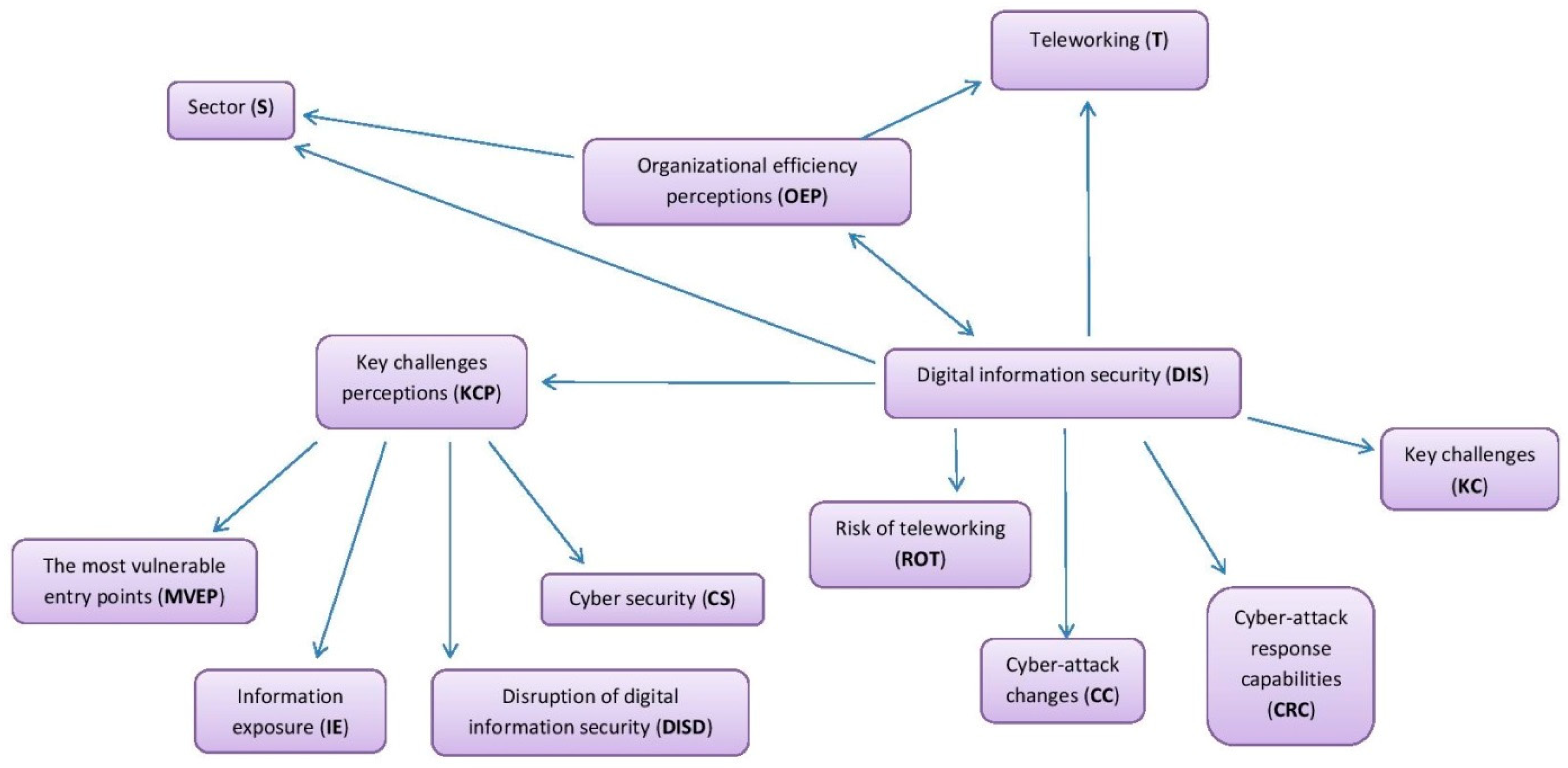Introduction:
Businesses face a myriad of legal challenges, and one area of increasing concern is compliance with the Americans with Disabilities Act (ADA). When a business is faced with an ADA compliance lawsuit, it’s essential to understand the legal options available. This article delves into the various legal strategies and options businesses can explore when pursuing or defending against ADA compliance lawsuits.
Understanding ADA Compliance Lawsuits:
ADA compliance lawsuits arise when individuals or advocacy groups allege that a business has failed to meet the accessibility requirements outlined in the ADA. These lawsuits often focus on issues such as physical barriers to access, lack of accommodations for individuals with disabilities, or failure to provide accessible goods and services.
Assessing Legal Liability:
The first step for businesses facing an ADA compliance lawsuit is to assess their legal liability. This involves conducting a comprehensive review of the alleged violations and determining whether the business is in compliance with ADA regulations. Businesses should seek legal counsel to evaluate the strength of the plaintiff’s claims and formulate an effective defense strategy.
Exploring Settlement Options:
In many cases, ADA compliance lawsuits can be resolved through settlement negotiations between the parties involved. Settlement offers an opportunity for businesses to address any compliance issues identified by the plaintiff while avoiding the time, expense, and uncertainty of litigation. Businesses should carefully consider settlement offers and weigh the potential benefits and drawbacks before reaching a decision.
Defending Against Lawsuit Allegations:
For businesses contesting ADA compliance lawsuit allegations, mounting a strong defense is crucial. This may involve gathering evidence to refute the plaintiff’s claims, demonstrating compliance with ADA regulations, and presenting legal arguments to support the business’s position. Working with experienced ADA defense attorneys can help businesses navigate the complexities of litigation and achieve favorable outcomes.
Implementing Remedial Measures:
In addition to defending against lawsuit allegations, businesses should take proactive steps to address any ADA compliance issues identified during the litigation process. This may involve making physical modifications to the business premises, implementing policies and procedures to ensure accessibility, and providing training to employees on ADA compliance requirements.
Seeking Legal Guidance:
Navigating ADA compliance lawsuits can be complex and challenging for businesses. Seeking legal guidance from attorneys with experience in ADA law is essential for understanding rights and obligations under the ADA, evaluating legal risks, and developing effective defense strategies. Attorneys can provide invaluable support and advocacy throughout the litigation process.
Engaging in Mediation or Alternative Dispute Resolution:
In some cases, businesses and plaintiffs may opt to engage in mediation or alternative dispute resolution (ADR) to resolve ADA compliance disputes outside of court. Mediation offers a collaborative and confidential forum for parties to negotiate a mutually acceptable resolution with the assistance of a neutral mediator. ADR methods can help parties avoid the adversarial nature of litigation and reach a resolution that meets their needs.
Staying Proactive in Compliance Efforts:
Ultimately, the best defense against ADA compliance lawsuits is proactive compliance efforts. Businesses should regularly review and update their accessibility policies and practices, conduct accessibility audits of their premises, and provide ongoing training to employees on ADA requirements. By prioritizing accessibility and inclusivity, businesses can minimize the risk of litigation and create welcoming environments for all customers and employees.
Conclusion:
ADA compliance lawsuits pose significant legal and reputational risks for businesses. By understanding their legal options, engaging in proactive compliance efforts, and seeking legal guidance when needed, businesses can navigate ADA compliance challenges effectively and mitigate potential liabilities. It’s essential for businesses to prioritize accessibility and inclusivity to ensure compliance with the ADA and promote equal access for individuals with disabilities. Read more about ada compliance lawsuit




